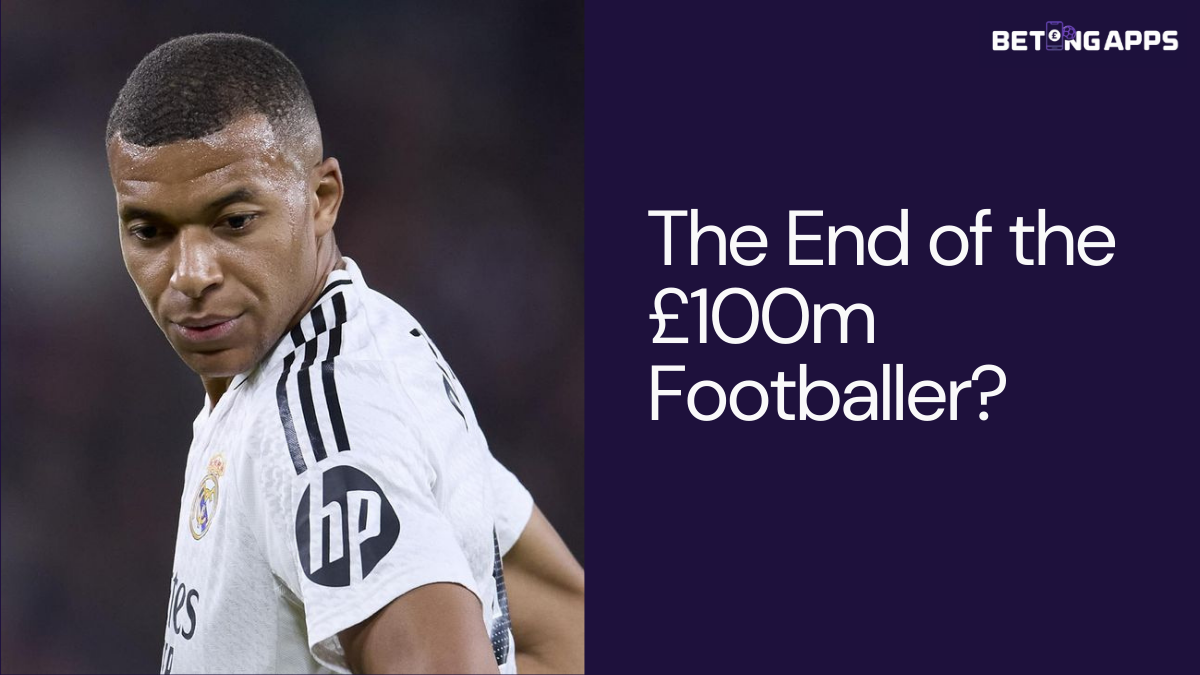Barcelona’s latest Champions League failure has reignited a debate over whether football’s age of exorbitant transfers is on the wane. The Catalan giants, who in recent years pulled one financial “lever” after another to fund lavish signings, crashed out against a more workmanlike Inter Milan side this week.
Despite spending hundreds of millions on stars (from Philippe Coutinho to Robert Lewandowski) and mortgaging future TV revenues to balance the books, Barça once again fell short of Europe’s biggest prize. Their semi-final defeat to Inter – a club built on astute scouting and tactical cohesion rather than record fees – underscored how splurging cash no longer guarantees success on the pitch.
A similar story unfolded in North London. Arsenal’s Champions League dream was ended by Paris Saint-Germain, a club that until recently epitomised the Galáctico approach. PSG’s 3-1 aggregate win sent Mikel Arteta’s side packing, yet this was not the star-studded PSG of old.
In fact, for the first time in a decade, PSG have no Neymar, no Messi, not even Mbappé in their lineup – a deliberate shift by ownership away from “flashy, bling-bling” football toward a team-first philosophy.
President Nasser Al-Khelaifi has declared “the star…is the collective team”, and the results speak volumes: under new coach Luis Enrique, a young PSG side devoid of mega-galácticos stormed to the 2025 semi-finals and final. The message is clear – clubs prioritising balanced squads and youth development are now outpacing those still chasing marquee names.
The data backs up this trend. A review of recent £100 million-plus transfers reveals a litany of underachievement. Barcelona alone sank €395 million into Ousmane Dembélé, Philippe Coutinho and Antoine Griezmann – only to see that trio branded “a waste of money,” beset by injuries and failure to deliver European glory.
Real Madrid’s €115 million Eden Hazard fared no better: plagued by fitness issues, he missed 61 games through injury and scored just seven goals in Madrid’s shirt.
Even moves that weren’t outright flops haven’t yielded the intended trophies. Cristiano Ronaldo’s €100m transfer to Juventus was meant to bring the Champions League to Turin, yet Juve never advanced past the quarter-finals in his time there Such sobering numbers have many in the game asking if spending huge sums on individual superstars is a fading formula.
And perhaps the most surprising evidence of all? By at least one metric, the most “successful” £100m plus signing of the past few years is Jack Grealish – a player initially ridiculed as overpriced. Since his £100m move to Manchester City, Grealish has won three back-to-back Premier League titles and even a continental treble in 2023, including the Champions League.
He has largely stayed fit and contributed when it mattered, something that cannot be said for many flashier names. In terms of major trophies and availability, Grealish’s resume eclipses even Kylian Mbappé’s stint at PSG – a stint missing that coveted Champions League medal. This ironic twist, where a £100m English winger outshines a World Cup-winning megastar, encapsulates the shifting sands of football ambition.
All these signs – the high-profile upsets, the statistical reality of big-money flops, and the unexpected success stories – point to an inflection point. Has European football begun to move past its addiction to record transfers? In the following feature, we look at how the 2025 Champions League has thrown new light on this question, and what it means for the future of team-building at the highest level.
£100m+ Tranfers Rated
| Player (Transfer Year) | Buying Club | Major Trophies Won | Days Missed (Injuries) | Success Score |
|---|---|---|---|---|
| Jack Grealish (2021) | Man City (England) | 3× PL (2022, 2023, 2024); 1× UCL (2023) | ~8 days | 10/10 |
| Kylian Mbappé (2018) | Paris SG (France) | 5× Ligue 1 (2018, 2019, 2020, 2022, 2023) | ~50–60 days (few injuries) | 9/10 |
| Neymar (2017) | Paris SG (France) | 5× Ligue 1 (2018, 2019, 2020, 2022, 2023) | 700+ days (many injuries) | 8/10 |
| Ousmane Dembélé (2017) | Barcelona (Spain) | 3× La Liga (2018, 2019, 2023) | ~250+ days (injuries) | 7/10 |
| Philippe Coutinho (2018) | Barcelona (Spain) | 2× La Liga (2018, 2019) | ~100 days (moderate injuries) | 6/10 |
| João Félix (2019) | Atlético Madrid (Spain) | 1× La Liga (2021) | ~120 days (some injuries) | 5/10 |
| Declan Rice (2023) | Arsenal (England) | (None yet) | ~30 days (minor injury+ban) | 5/10 |
| Antoine Griezmann (2019) | Barcelona (Spain) | (None) | ~0 days (very few absences) | 4/10 |
| Enzo Fernández (2023) | Chelsea (England) | (None yet) | ~2 days (virtually always fit) | 3/10 |
| Moisés Caicedo (2023) | Chelsea (England) | (None yet) | ~10 days (minor knock/illness) | 2/10 |
| Romelu Lukaku (2021) | Chelsea (England) | (None in 21–22) | ~45 days (ankle injury + COVID) | 2/10 |
| Eden Hazard (2019) | Real Madrid (Spain) | 2× La Liga (2020, 2022); 1× UCL (2022) | 500+ days (persistent injuries) | 1/10 |
Sources: Transfer fees, Trophy records from club and UEFA reports; injury/suspension is data from transfermarkt.co.uk
1. Jack Grealish (Manchester City, 2021) – Score: 10/10
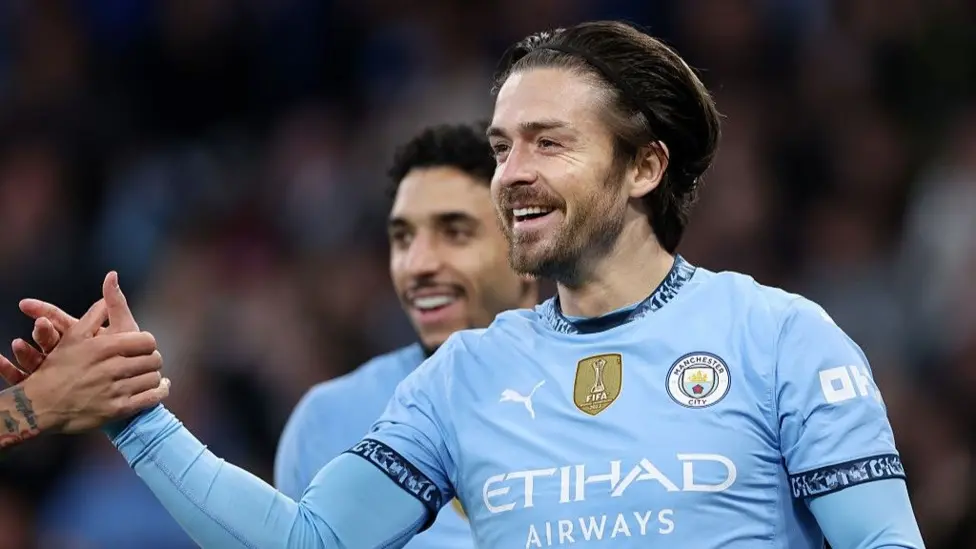
Trophies: Premier League titles in 2021–22, 2022–23, and 2023–24; UEFA Champions League 2022–23. As a key contributor to Man City’s treble, Grealish achieved the maximum in club honors.
Days Missed: Very few. Aside from a couple of brief suspensions (total ~8 days), Grealish has largely been available, with no significant injuries at City.
Analysis: Grealish’s move it seems (quite controversially) a big success as far as £100m transfers go. He grew into a vital starter for City’s 2023 Champions League triumph and back-to-back league titles. With multiple major trophies and minimal time sidelined, his £100m transfer is fully justified.
2. Kylian Mbappé (Paris Saint-Germain, 2018) – Score: 9/10
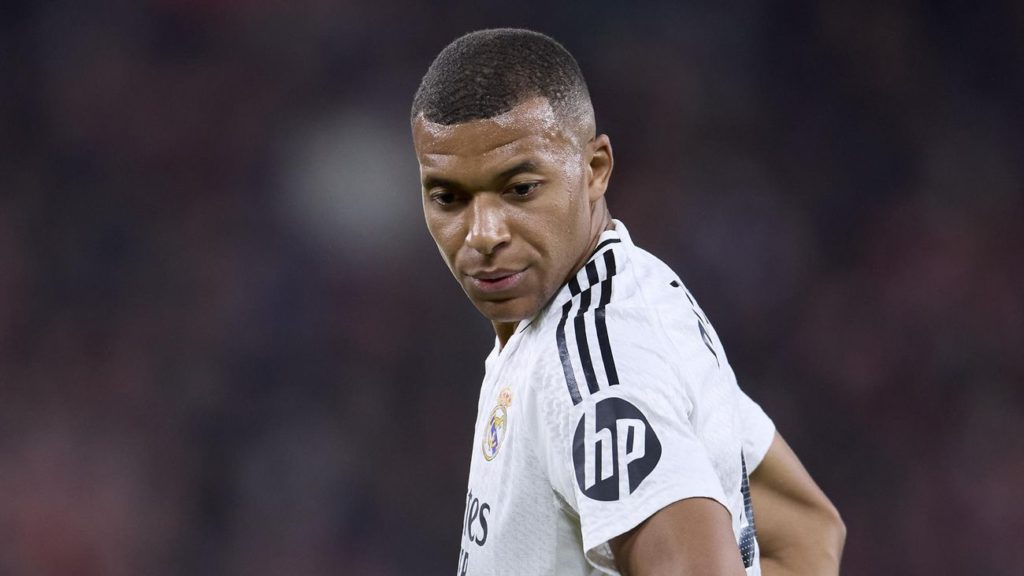
Trophies: Five Ligue 1 titles (2018, 2019, 2020, 2022, 2023). No Champions League trophy (PSG finished runner-up in 2020).
Days Missed: Relatively low. Mbappé has avoided long-term injuries – only short layoffs (e.g. a 11-day hamstring strain in Feb 2023) – and a few minor suspensions. He has missed far fewer games than many peers.
Analysis: Mbappé has delivered on expectations with prolific performances and domestic dominance. While the coveted Champions League eludes PSG, his five league titles and consistent availability make his £166m outlay a success. A slightly lower score reflects the missing European crown.
3. Neymar (Paris Saint-Germain, 2017) – Score: 8/10
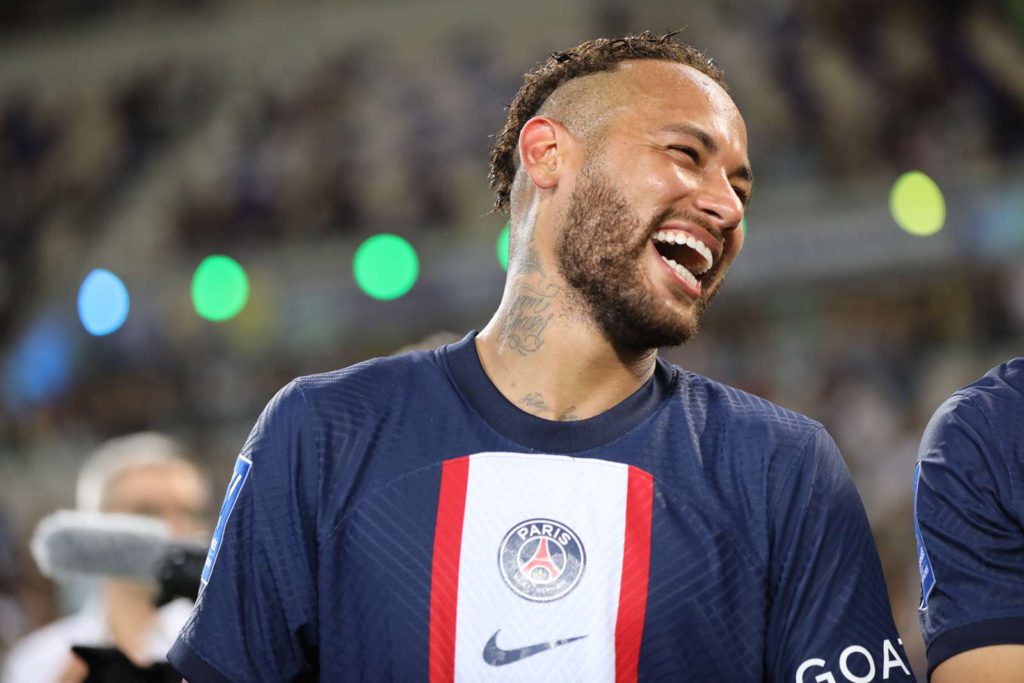
Trophies: Five Ligue 1 titles (2018, 2019, 2020, 2022, 2023). No Champions League at PSG.
Days Missed: Significant. Neymar’s injury record at PSG is notorious – over 700 days (approx. two years) on the sidelines from 2017–2023. Repeated foot, ankle and adductor injuries (e.g. a 91-day metatarsal injury in 2018 and 77-day ankle layoff in 2021–22) meant he missed over 130 games for PSG.
Analysis: When fit, Neymar was brilliant and helped PSG sweep domestic titles. However, lengthy injuries kept him out of many crucial spring Champions League ties. He earned a good trophy haul, but the extensive absences and lack of a UCL trophy drag down his score significantly.
4. Ousmane Dembélé (FC Barcelona, 2017) – Score: 7/10
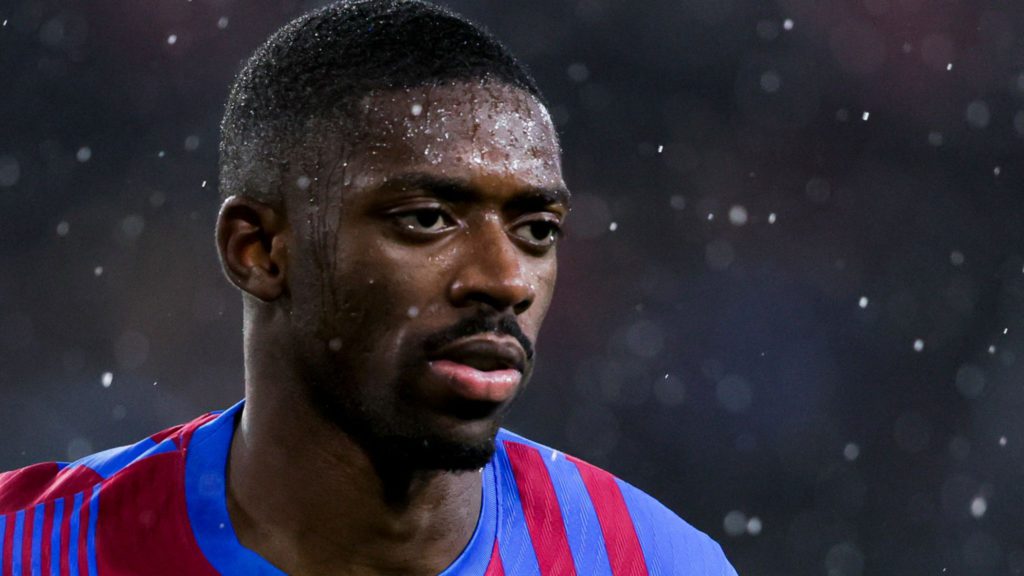
Trophies: Three La Liga titles (2018, 2019, 2023). No Champions League.
Days Missed: High. Dembélé struggled with repeated injuries at Barcelona, especially early on. He suffered major hamstring tears and other muscle issues – missing well over 100 days per season in his first years (e.g. a 38-day hamstring injury in late 2019). His injury history shows multiple absences, though he improved fitness by 2022.
Analysis: Despite injuries, Dembélé contributed to Barça’s domestic success when healthy. He eventually played an important role in the 2022–23 title. Still, the stop-start availability (over four years at Barça he missed dozens of games) tempers his impact. Multiple league titles push his score into positive territory, but it’s significantly lowered by his fitness issues.
The irony here is that Dembele could win the Champions League with PSG after a €50.4 million transfer from Barcalona to PSG, €85m less than Barcelona paid Dortmund for his services.
5. Philippe Coutinho (FC Barcelona, 2018) – Score: 6/10
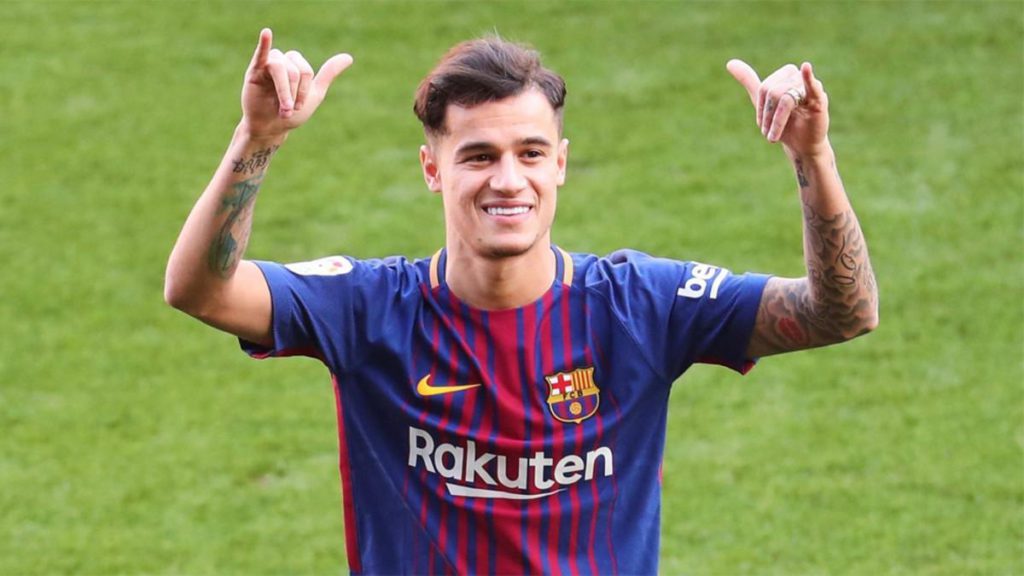
Trophies: Two La Liga titles (2018 and 2019) with Barcelona. (Coutinho also won a Champions League on loan at Bayern in 2020, but not with the buying club.)
Days Missed: Moderate. Coutinho had a knee injury in late 2020 that sidelined him for ~3 months, but during 2018–2019 at Barça he stayed mostly fit. His absences included a 96-day “cup-tied” ineligibility in spring 2018 and some minor knocks. Overall, he missed fewer games due to injury than many others on this list.
Analysis: Coutinho’s transfer ultimately fell short. Despite two league titles, he never settled at Barcelona and was loaned out within 18 months. His relatively good availability cannot outweigh form issues. He gets a mid-level score: trophies prevent a lower rating, but overall he is deemed a costly flop.
6. João Félix (Atlético Madrid, 2019) – Score: 5/10
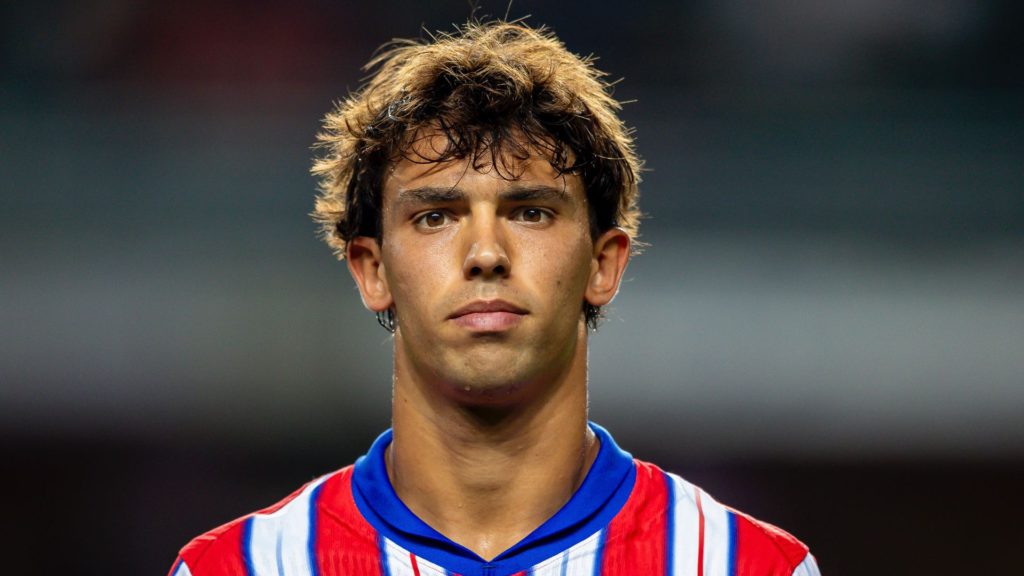
Trophies: One La Liga title (2020–21). No Champions League.
Days Missed: Fairly moderate. Félix had a few injuries at Atlético (ankle and muscle problems) causing him to miss matches – for example, an ankle injury in 2020 kept him out for 100 days. He also served a 23-day suspension after a red card on loan at Chelsea. In total he missed a number of games, though not extreme by comparison.
Analysis: Félix’s record signing brought one Spanish league title in 2021. However, he often struggled to meet expectations and was loaned out in 2023. Winning La Liga boosts his success rating, but inconsistent impact and being benched/loaned keep his score in the middle. His game availability was decent, but performance-wise the transfer hasn’t fully paid off.
7. Declan Rice (Arsenal, 2023) – Score: 5/10
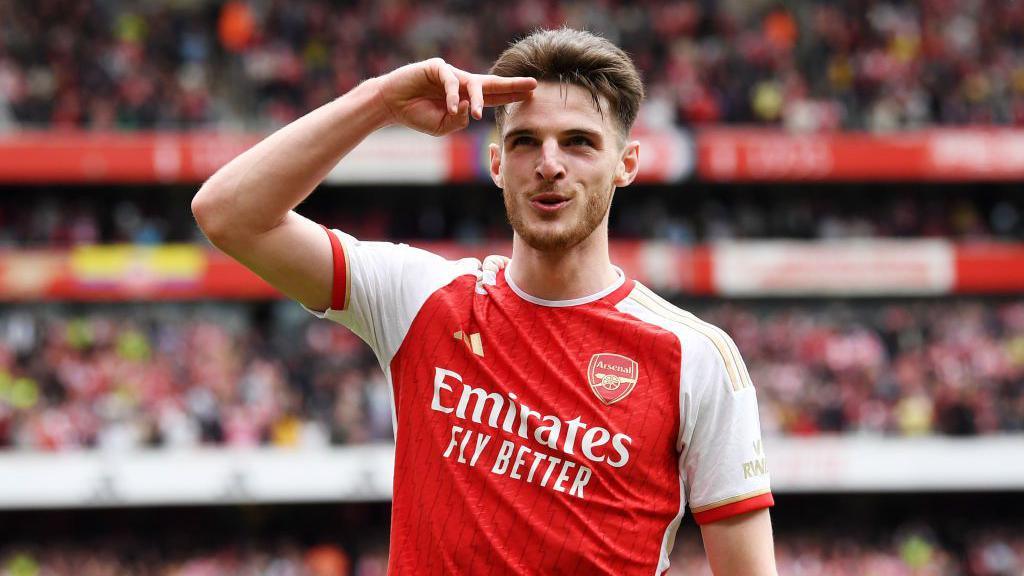
Trophies: None (as of 2025). Arsenal were league runners-up in 2023–24. (Rice did win a Community Shield, but no league or UCL titles yet.)
Days Missed: Very low. Rice has been highly available for Arsenal – he suffered only a minor knock (broken toe, 16 days in late 2024) and a brief suspension (one-match ban in Sept 2024). He has missed only a handful of days/games since joining.
Analysis: It’s early in Rice’s Arsenal tenure, and he has been an immediate midfield cornerstone. While no major trophy has been won in his short time, Arsenal have contended at the top. His score reflects the current lack of silverware, but also recognises his consistent fitness and influence. As of now, Rice’s success is promising but not yet evidenced by trophies.
8. Antoine Griezmann (FC Barcelona, 2019) – Score: 4/10
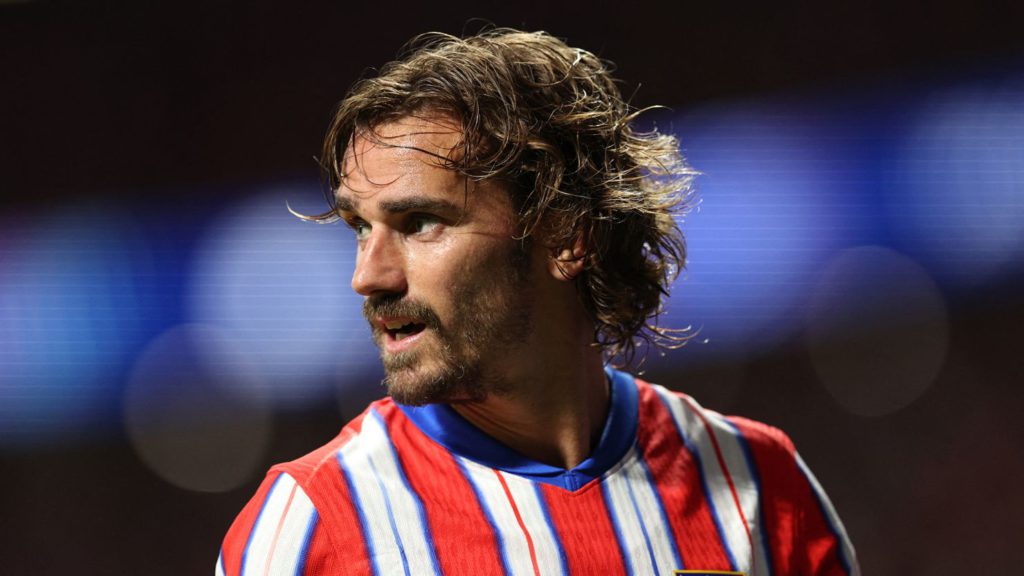
Trophies: None with Barcelona. (Griezmann won no La Liga or UCL during his 2019–2021 stint at Barça – the club’s last league title before his arrival was 2019, and next came after he left.
Days Missed: Minimal. Griezmann was almost always available – he avoided serious injury at Barça, missing virtually no games through injury. No notable injury absences are recorded during his Barcelona spell.
Analysis: Griezmann’s big-money move never hit the expected heights. He stayed healthy and played often, but Barça won no league or European titles in his two seasons. With the club in turmoil, Griezmann was played out of position and eventually loaned back to Atlético. Lack of trophies and underwhelming impact yield a low score, though he avoids an even lower rating since he remained fit and professional throughout.
9. Enzo Fernández (Chelsea, 2023) – Score: 3/10
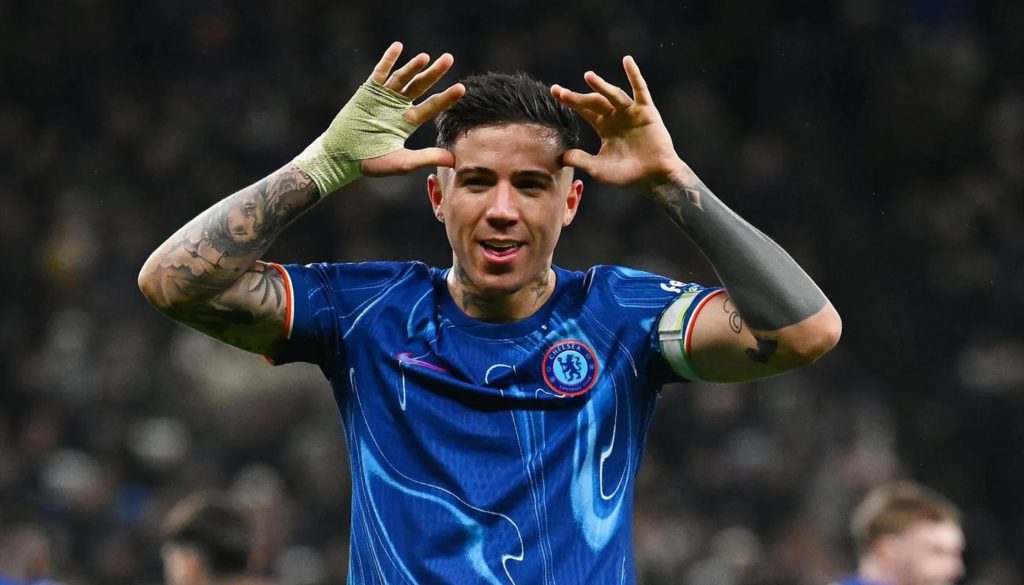
Trophies: None (Chelsea have not won the Premier League or Champions League since his arrival in Jan 2023).
Days Missed: Low. Enzo has had only negligible absences – e.g. a 1-day special leave during his transfer and a one-game cup suspension. No significant injuries in his first year at Chelsea.
Analysis: Fernandez broke the British transfer record, but Chelsea’s form has slumped. He has been a consistent starter, yet the club finished mid-table with no major honors. With such a short tenure, his score reflects current results: no trophies so far, albeit with the positive of near-perfect availability. There is potential for this to improve if Chelsea’s fortunes rise, but as of now the success is limited.
10. Moisés Caicedo (Chelsea, 2023) – Score: 2/10
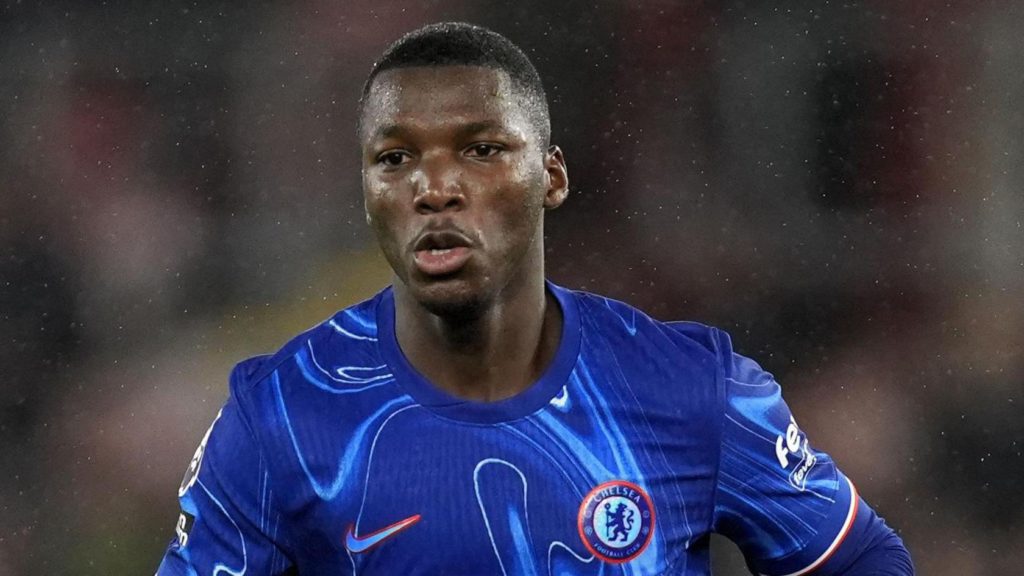
Trophies: None (joined Chelsea in Aug 2023; no league/European titles to date).
Days Missed: Low-moderate. Caicedo had a minor knee knock and illness, totaling roughly 10 days out in late 2023. He hasn’t suffered any major injuries. (He did serve an international suspension in Oct 2024, but it did not affect his club appearances.)
Analysis: Thus far, Caicedo’s record £115m move has not yielded success. Chelsea struggled in 2023–24 with no trophies, and Caicedo had a rocky start in form. On the bright side, he has remained mostly fit and started to adapt. Still, with zero trophies and minimal impact in a difficult season, his score is very low. There is ample time to turn it around, but as of 2025 the transfer has not been justified.
11. Romelu Lukaku (Chelsea, 2021) – Score: 2/10
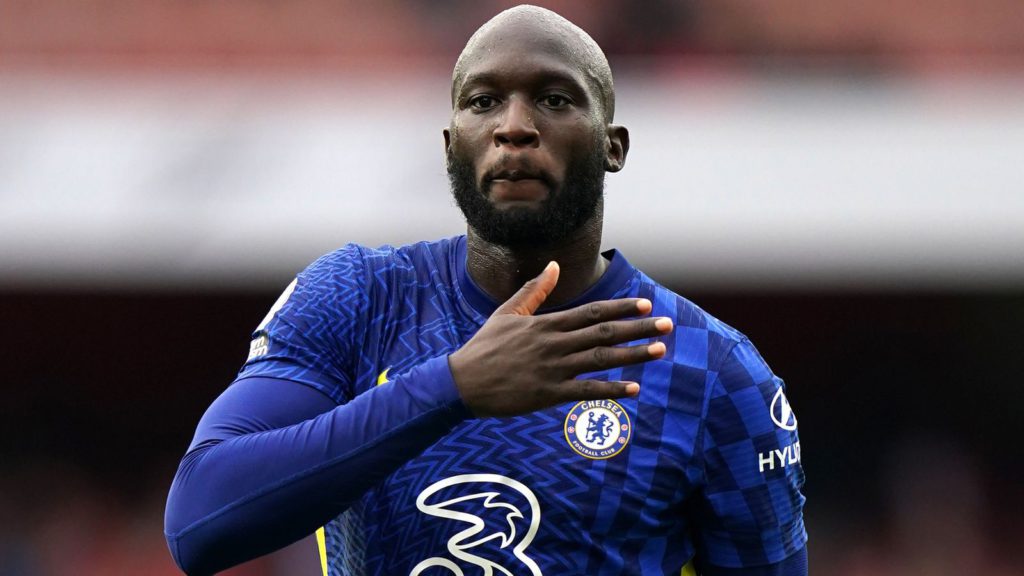
Trophies: None in 2021–22 (Chelsea did not win the Premier League or UCL that year). (Lukaku did collect a FIFA Club World Cup, but no league/CL titles.)
Days Missed: Moderate. He experienced a sprained ankle in Oct 2021 and a bout of COVID in Dec 2021, totaling about 42 days out. Additionally, a minor 3-day suspension during a World Cup qualifier stint is recorded. In summaary, Lukaku missed several weeks, but not an extraordinary amount of time.
Analysis: Lukaku’s return to Chelsea for ~£97.5m was largely unsuccessful. He began well but fell out of favour and was loaned away after one season. With no Premier League or Champions League trophies won, his impact was minimal. His availability was decent (aside from the ankle injury), but his on-pitch output didn’t meet expectations. Considering the huge fee and swift exit, this transfer is rated as a near failure.
12. Eden Hazard (Real Madrid, 2019) – Score: 1/10
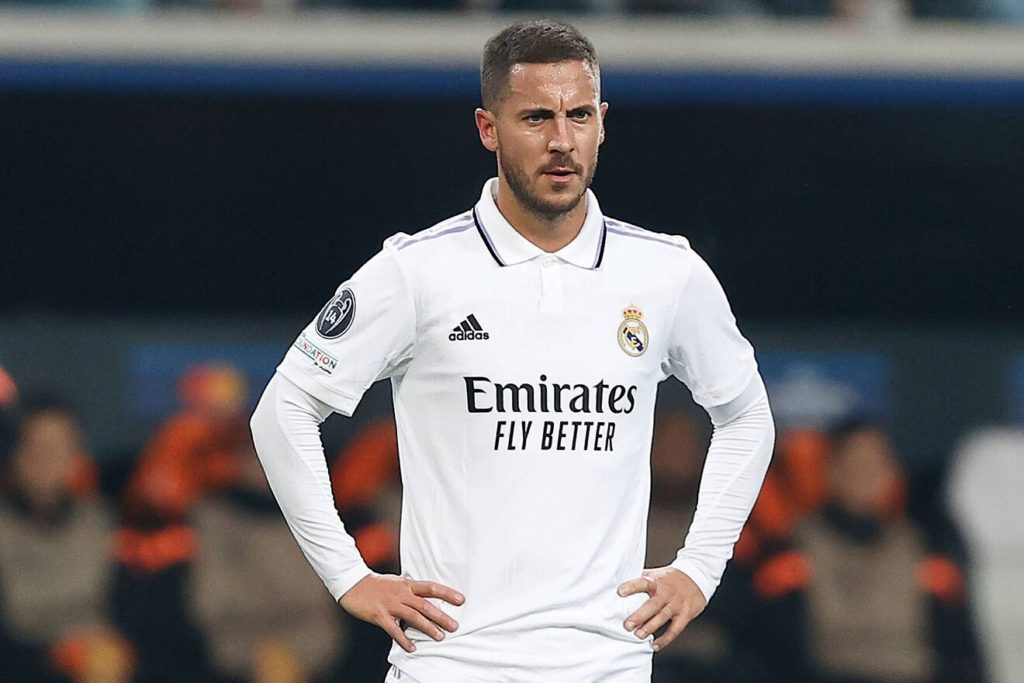
Trophies: 2× La Liga titles (2020, 2022) and 1× Champions League (2022). (Real Madrid won major trophies in Hazard’s time, though his personal contribution was limited.)
Days Missed: Extremely high. Hazard’s Real Madrid spell was marred by incessant injuries – muscle strains, surgeries, and fitness issues. He missed well over 500 days through injury, including a 86-day ankle fracture in 2019–20 and repeated ankle surgeries. By 2023 he had been absent so often that he only managed 73 appearances in four seasons.
Analysis: Despite the team trophies, Hazard’s transfer was an “extraordinary failure”. Real Madrid paid over £100m but got very little: he was rarely fit and not a factor in the 2022 Champions League run beyond being on the squad. His trophy count is high on paper, but given his negligible role and massive amount of missed time, his move must be scored the lowest.
Hazard left Madrid in 2023 after mutually terminating his contract, encapsulating a transfer that never came close to expectations.
Conclusion
If the 2025 Champions League taught us anything, it’s that football’s balance of power is tilting away from checkbook triumphs toward a more sustainable, system-driven model. The evidence is written plainly in this year’s knockout ties. Inter Milan’s elimination of FC Barcelona in an epic semi-final exemplified the new reality: a club of modest means and clear strategy toppling a global giant built on extravagant fees.
After years of cash fuelled gambles and mortgaged TV rights, Barcelona’s Galáctico approach once again fell short, while Inter – reaching their second Champions League final in three seasons – reaped the rewards of tactical discipline and shrewd recruitment. In the other bracket, PSG’s victory over Arsenal was a triumph of philosophy.
The French champions only found European vindication after they “put the glitter to rest” and embraced a team ethos. Their young, hungrier squad outlasted an Arsenal side that, despite its own big expenditures (including a £105m midfielder), could not match PSG’s collective cohesion on the night.
Such results are not isolated. Europe’s biggest prize has consistently eluded the clubs who treat transfer records as silver bullets. As Barcelona and Arsenal learned, champions are now being forged through smart coaching and balanced squads, not just blockbuster signings. Meanwhile, the clubs that have hedged their bets on a few superstar arrivals are counting costs instead of trophies.
It is telling that in 2025, neither of the finalists – Inter Milan and Paris Saint-Germain – featured a recent £100m purchase in their lineup, yet both featured a clear identity and work ethic honed over seasons. Inter’s run, in particular, showed that investing in a solid spine and role-players can deliver a greater return on investment than any one galáctico ever could. Their 7-6 aggregate thriller over Barca will be remembered as a football lesson in chemistry trumping cash.
After a decade dominated by record-breaking transfers, a countertrend has emerged: frugality and long-term planning are winning the day. Clubs like Inter – and indeed the new-look PSG – are proving that Europe’s summit can be reached without breaking the bank, so long as the team is greater than the sum of its parts.
The fading fortunes of the big-money approach do not mean big clubs will stop spending, of course. But as we prepare for the 2025 Champions League, it’s clear that those who spend smarter, not just bigger, are lifting the silverware. The era of automatically equating splashy transfer fees with success is ending.
In its place, a more nuanced arms race is taking shape – one where coaching, culture and clever scouting beat out the highest bidder. And for once, in the high-stakes world of elite football, money alone may no longer buy the happiness of European glory.

